‘a creative momentum project’ was one of the projects selected to represent the Northern Periphery & Arctic (NPA) Programme at the first ever ‘Arctic Project Clustering Event’, held in Skellefeå, Sweden on 10-11 May 2017. Pauline White (Western Development Commission, Ireland) and Saila Puukko (Lapland University of Applied Sciences) represented the project.
The two-day event brought together more than 90 participants working in the four Interreg programme areas of Botnia-Atlantica, Interreg Nord, NPA and Kolarctic CBC. The aim was to find synergies between ongoing projects funded under the different programmes, to share good examples and challenges as well as to identify future cooperation possibilities.
The first day started with presentations from Helena Renström (Marketing Director at Skellefteå municipality) and Nils Arne Johnsen (Arctic Director at Ramboll) who concluded that many of the challenges of being located in the Arctic can also provide opportunities for investment and development.
Ole Damsgaard (Head of Secretariat at NPA) then outlined the purpose of the event, to promote cooperation within the four programmes and to come together to share knowledge, organise joint activities and combine resources to obtain greater impact.
The project representatives then broke into four thematic workshops to present ongoing projects, find synergies and identify knowledge gaps and common interests:
- E-health
- Energy efficiency
- Bio-economy
- Entrepreneurship
‘a creative momentum project’ took part in the Entrepreneurship workshop which was moderated by Camilla Sehlin, Incita AB. During the workshop, six ongoing projects, all focused on stimulating entrepreneurship, were presented:
- a creative momentum project – supporting the development of the creative industries sector across Europe’s Northern Edge (NPA)
- Circular Ocean – inspiring communities to realise the hidden economic opportunities of discarded fishing nets and ropes (NPA)
- Cleantech Kvarken – promoting innovation within the cleantech sector (Botnia-Atlantica)
- Nordic Business Support – facilitating cross-border co-operation among SMEs by identifying specific business matches across Norway, Sweden and Finland (Interreg Nord)
- Business Model Innovation and Internationalization of Process Industry SMEs – examining business models in the process industry and supporting business model assessment for SMEs (Interreg Nord)
- BA Innovation – strengthening the innovation capacity and ability to adopt new technology among SMEs in rural areas and promoting collaboration
The discussions during the workshop clearly showed that projects working directly with SMEs face many similar challenges, regardless of sector. The need to identify the different needs of SME´s and deliver results that are truly worthwhile and beneficial for the enterprises emerged strongly from the discussion.
At the end of the first day, there was a visit to the innovation house The Great Northern where Phil Hopkin (Business Community Manager) told us about the history and ideology behind this amazing shared creative space. Emerging from the already strong creative sector in Skellefteå, The Great Northern is an example of what can be done by bringing together creatives at different levels of development from a large international agency like Northern Kingdom to one person start-ups. Locating in The Great Northern is not just about a desk, members of the community have to commit to mentoring and networking with the other residents of the innovation house.
On the second day, Baiba Leipa (Project Manager, Interact programme), provided a framework for territorial cooperation, the reasoning behind different programme types and how Interreg programmes and projects connect to overall goals of the European Union.
She also introduced the EU KEEP project database where you can search all projects ever funded through Interreg and Cross-border co-operation programmes. It details the projects, partners, themes and regions of all projects funded through these programmes. For example a search for ‘creative industries’ gives 70 projects with a total of 547 partners. From the ‘heat map’ it’s clear that the Nordic and Baltic countries and Ireland are quite active in working with this sector.
Before the project’s broke into another round of workshop discussions, the new possibility of applying for financing for ‘clustering projects’ was announced by the NPA. The call is yet to be opened, but the idea is to promote clustering among projects funded through different programmes. Opportunities for this were discussed in the following workshops.
The first ‘Arctic Project Clustering Event’ was a great opportunity for project staff from a wide range of projects and programmes to interact and share notes on their projects. Being located on the periphery of Europe can create challenges, but it also means there is great common understanding among those working and living in these areas.

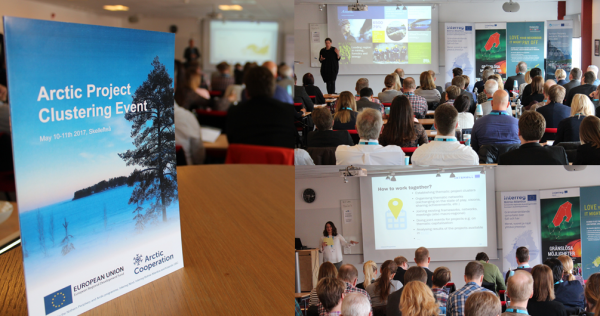
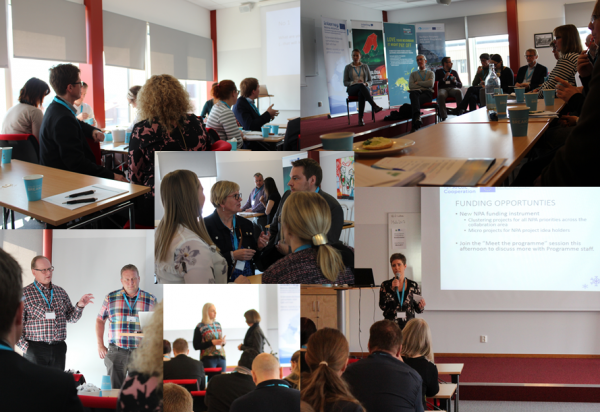
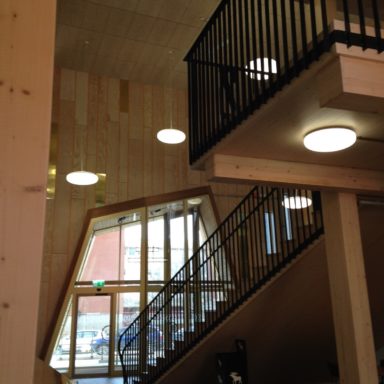
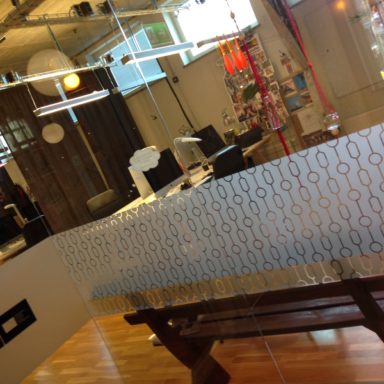
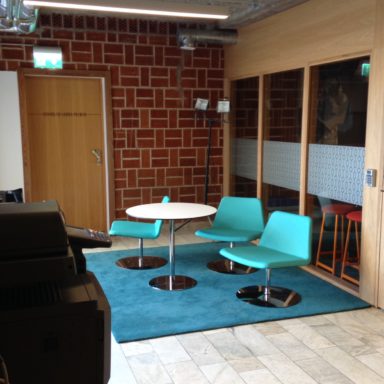
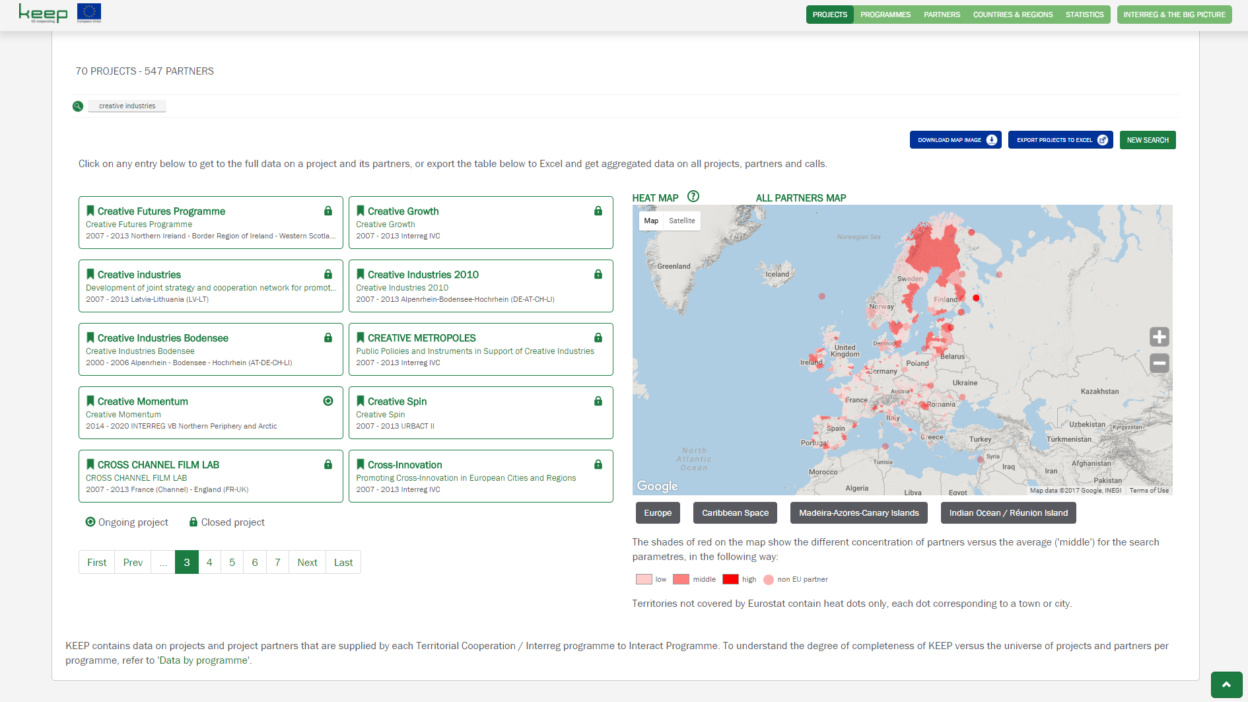
Discussion
You must be logged in to submit comments.
Add your comments here.
Maximum length of 500 characters